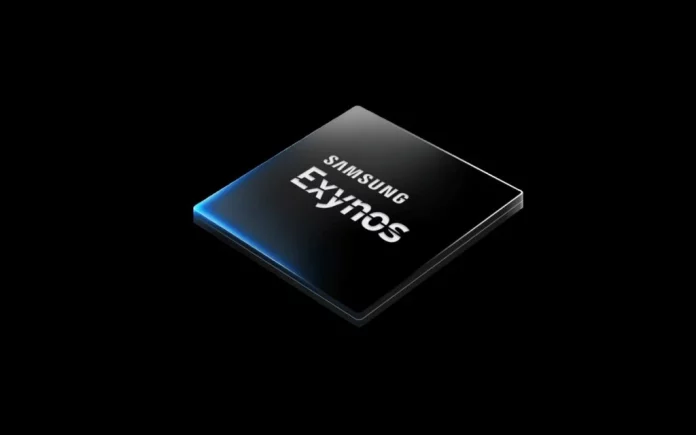Samsung is reportedly halting semiconductor production for its Exynos 2500 chips due to challenges with its advanced 3nm process technology. The production yield has been consistently low, meaning many of the chips fail to meet quality standards. This has raised concerns over Samsung’s ability to integrate the Exynos 2500 into its flagship Galaxy S25 series, initially expected to launch in early 2025. Instead, Samsung appears to be shifting to Qualcomm’s Snapdragon 8 Gen 4 for the entire Galaxy S25 lineup, marking a continuation of its reliance on Snapdragon processors for flagship devices.
The situation underscores ongoing difficulties for Samsung in catching up to rivals like TSMC, which has maintained a commanding lead in chip manufacturing. Samsung’s foundry business has already lost key clients, including NVIDIA and Apple, who have turned to TSMC for their AI and high-performance chip needs. These setbacks threaten Samsung’s broader ambitions of becoming a leader in semiconductor technology, despite heavy investments and significant R&D efforts.
While the Exynos 2500 may not feature in the Galaxy S25 series, Samsung could still introduce the chipset in its future foldable devices or mid-tier smartphones. This would allow the company to continue development and optimization of its proprietary chips without risking the performance or reliability of flagship products. Such a strategy would give Samsung time to refine its 3nm technology and rebuild market confidence in its semiconductor capabilities.
Samsung’s challenges also reflect broader trends in the industry, where chip manufacturing has become increasingly complex and competitive. With TSMC and Intel advancing in smaller process nodes, Samsung faces mounting pressure to deliver innovative and reliable solutions to remain relevant. Whether Samsung can overcome these hurdles and reclaim its standing in the chip market will likely depend on its ability to resolve production issues and attract major clients back to its foundry.

